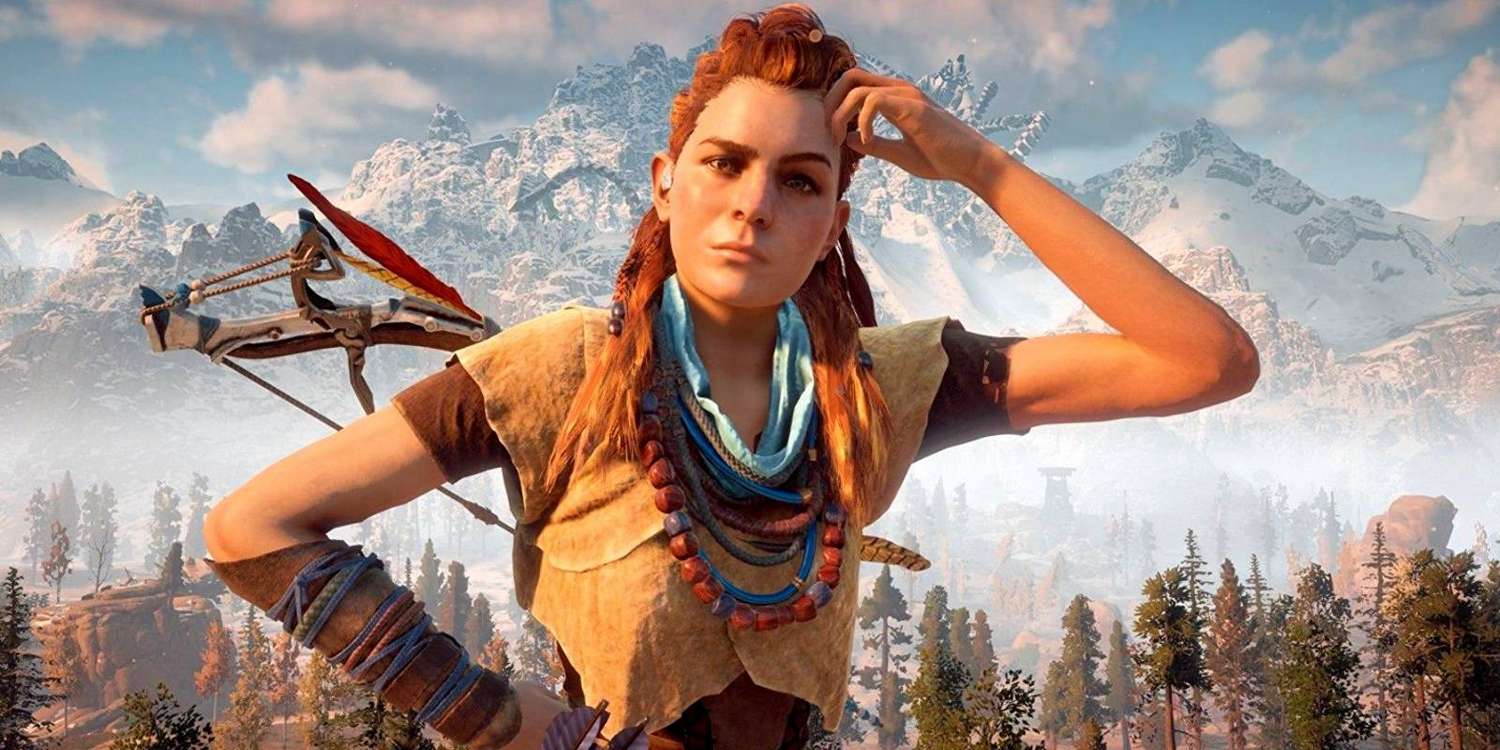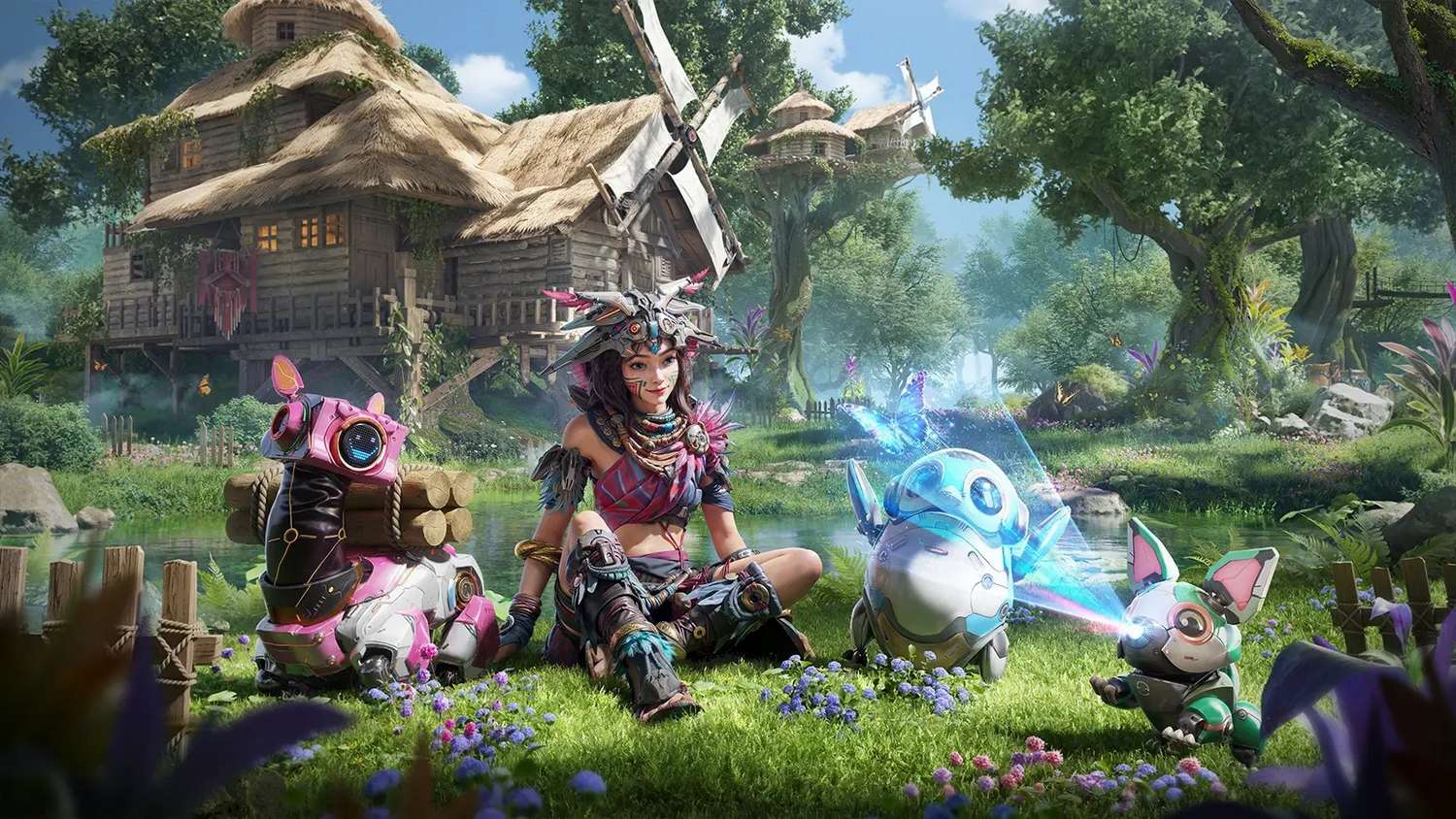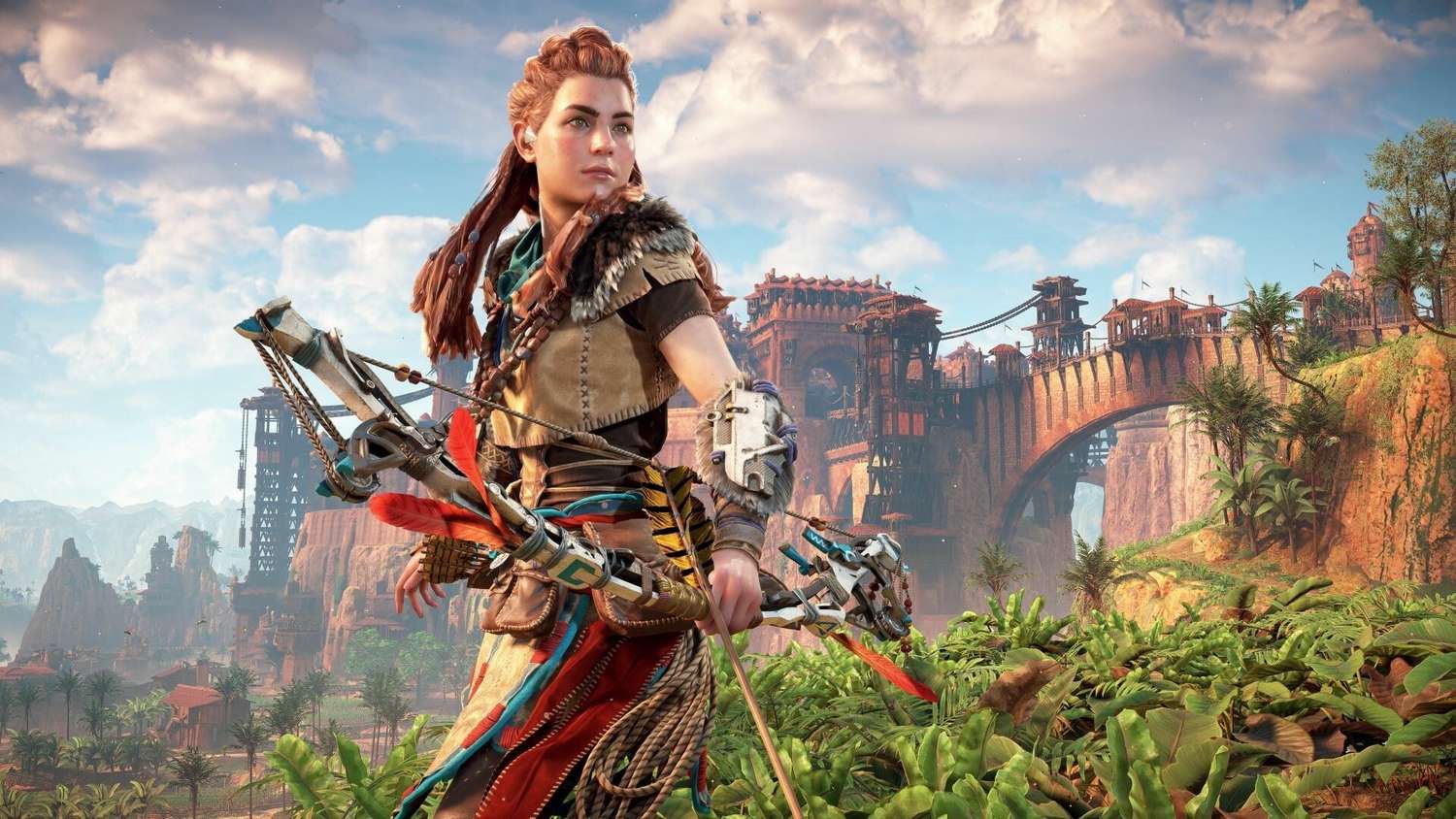Sony Escalates Legal Battle: Files Injunction Against Tencent’s ‘Light of Motiram’ Over Alleged Horizon Copying
Popular Now
 Valorant
Valorant
 BeamNG.drive
BeamNG.drive
 Fall Guys
Fall Guys
 Call of Duty
Call of Duty
 Schedule I
Schedule I
 Garena Free Fire: Kalahari
Garena Free Fire: Kalahari
 R.E.P.O
R.E.P.O
 EA SPORT FC 25
EA SPORT FC 25
 Brawl Stars
Brawl Stars
 Black Myth: Wukong
Black Myth: Wukong  Legal War Intensifies: Sony Seeks Preliminary Injunction to Block Tencent’s Horizon ‘Knock-off’
Legal War Intensifies: Sony Seeks Preliminary Injunction to Block Tencent’s Horizon ‘Knock-off’
SAN FRANCISCO, CA — Sony Interactive Entertainment (SIE) is dramatically escalating its high-stakes legal battle against Chinese tech giant Tencent Holdings Ltd., filing a motion for a preliminary injunction in U.S. federal court. The move aims to immediately halt all pre-release promotion and development of Tencent’s upcoming open-world survival game, Light of Motiram, which Sony has repeatedly labeled a “slavish clone” of its critically acclaimed and high-value intellectual property, the Horizon franchise (Horizon Zero Dawn and Horizon Forbidden West).
The filing, submitted to the United States District Court for the Northern District of California, underscores Sony’s resolve to protect one of its most valuable video game assets. The company’s core argument is that the alleged copyright and trademark infringement caused by Light of Motiram—which features a post-apocalyptic world with tribal hunters and large, mechanical creatures—is already causing irreparable harm to the Horizon brand and its future expansion plans, including an anticipated film adaptation.
The Core of the Dispute: Aloy and Aesthetic Duplication
At the heart of the injunction request is Tencent’s protagonist in Light of Motiram. Sony’s legal documents specifically ask the court to bar Tencent from using a “fierce tribal warrior huntress characterized by fiery red hair” that closely resembles Horizon’s iconic hero, Aloy. Sony argues that the similarities are so “glaringly and immediately obvious” that they have led to widespread public and media confusion, jeopardizing the success of its franchise.
The motion also targets several other alleged copied elements, which Sony maintains go beyond mere coincidence or the use of “well-trodden tropes,” a defense previously employed by Tencent in its motion to dismiss the lawsuit. These include:
- Visual and Narrative Elements: The distinct blend of a primitive tribal aesthetic with advanced, ruined technology and the presence of colossal, animal-like machines.
- Musical Compositions: A specific melody in Light of Motiram’s promotional materials is alleged to be too similar to two tracks from the Horizon Zero Dawn OST, including the main theme.
- Character Likeness: The attempt to effectively clone the established look and role of the Aloy Character Mark.
Tencent’s Response and Sony’s Counter-Claim of ‘Shell Game’
The initial lawsuit, filed by Sony in July, followed an alleged meeting in which Sony claims to have declined a Tencent proposal to collaborate on a Horizon game. Shortly after Light of Motiram was publicly announced and drew immediate comparisons from the gaming community, Tencent quietly updated the game’s Steam page, removing numerous screenshots and a cover image featuring the Aloy-like protagonist and pushing the release date from late 2025 to late 2027.
Tencent subsequently filed a motion to dismiss, arguing that the game merely utilizes generic sci-fi and post-apocalyptic concepts and, further, that Sony was suing the wrong corporate entity. Sony’s latest filing fiercely contests this, calling Tencent’s defense “nonsense” and accusing the conglomerate of “playing a shell game” with its many subsidiaries to shield itself from liability. Sony contends that the public’s perception of the title as a “knock-off” means “the damage is done, and it continues.”
 Industry Implications and The Hearing Schedule
Industry Implications and The Hearing Schedule
This lawsuit is a critical case for the global video game industry, setting a potential precedent for how far developers can push the boundaries of “inspiration” before crossing into actionable intellectual property theft. With Tencent being a major investor and publisher in the international gaming market, the outcome will have massive ramifications for game development practices and the defense of creative assets across borders.
The requested preliminary injunction hearing is scheduled to be heard by Judge Jacqueline Scott Corley on November 20, 2025, in San Francisco. If granted, the injunction would deliver a significant early victory for Sony, forcing Tencent to immediately cease all promotional activities, potentially redesign key aspects of Light of Motiram, and halt any further use of the alleged infringing elements until the full copyright and trademark infringement lawsuit can be resolved. This would effectively block the use of the red-haired protagonist and music, and critically, potentially stop development on the title as it currently exists.
Industry analysts believe the swift legal action demonstrates Sony’s renewed focus on aggressively defending its core franchises against perceived threats, a move essential in the highly competitive AAA gaming and mobile game development spaces. The motion comes as Sony’s PlayStation Productions confirms it is actively pursuing a script and casting for the Horizon Zero Dawn film adaptation, which is expected to begin shooting in 2026—further underscoring the urgent need to maintain control over the brand’s identity and goodwill.
The gaming world now watches closely as this major legal battle between two of the world’s most valuable video game companies unfolds, determining the future of both Light of Motiram and the integrity of Horizon’s intellectual property.










 Industry Implications and The Hearing Schedule
Industry Implications and The Hearing Schedule